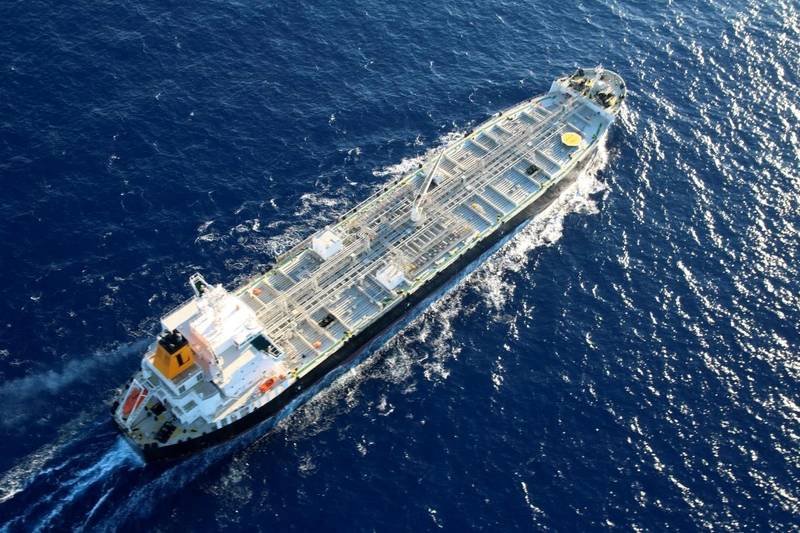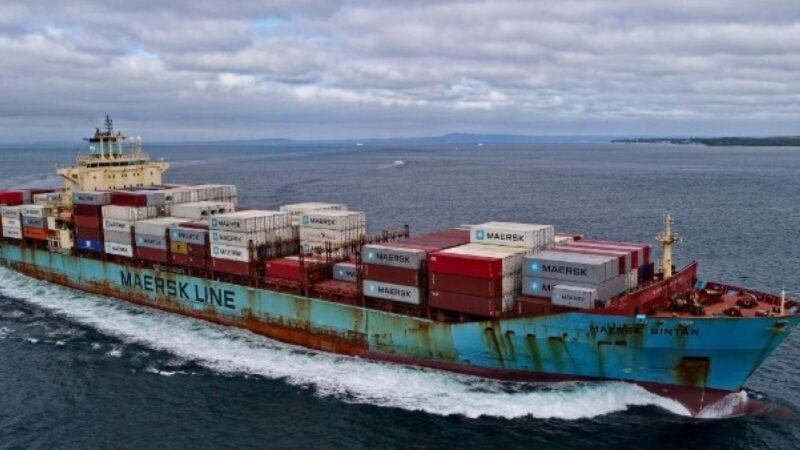The Lloyd’s Register (LR) Fuel Quality Report 2024 highlights ongoing concerns in the maritime industry regarding fuel quality. The report, produced by LR’s Fuel Oil Bunker Analysis and Advisory Service (FOBAS), indicates that issues such as cat-fines, stability, sulphur content, and flash point continue to pose challenges. Despite the transition to very low sulphur fuel oil (VLSFO) in 2020, the overall state of fuel quality in 2024 remains similar to previous years, with isolated incidents of chemical contamination still occurring.
One notable trend outlined in the report is the increasing adoption of biofuels by ship operators. More operators are starting to use biofuels onboard regularly or are trialing them to gain experience. Looking ahead, the report considers the implications of the newly implemented ISO8217:2024 standard, as well as regulatory pressures from organizations such as IMO, EU, and the broader industry. This shift is expected to drive growth in the biofuel supply market, presenting challenges related to availability, costs, and fuel quality control. Additionally, there is ongoing development and progress on alternative fuels like methanol, hydrogen, and ammonia.
Andrew Shaw, Managing Director of Lloyds Register FOBAS, emphasized the company’s commitment to supporting the maritime sector in achieving operational excellence and environmental responsibility. With their industry-leading fuel testing business and comprehensive approach to measuring fuel quality and GHG emissions, Lloyd’s Register provides essential data and insights to help clients make informed decisions on marine fuel purchases. The Fuel Quality Report 2024 not only highlights common parameters exceeding specification limits but also delves into non-standard forensic tests that are crucial for detecting external chemical contamination in fuel.


















